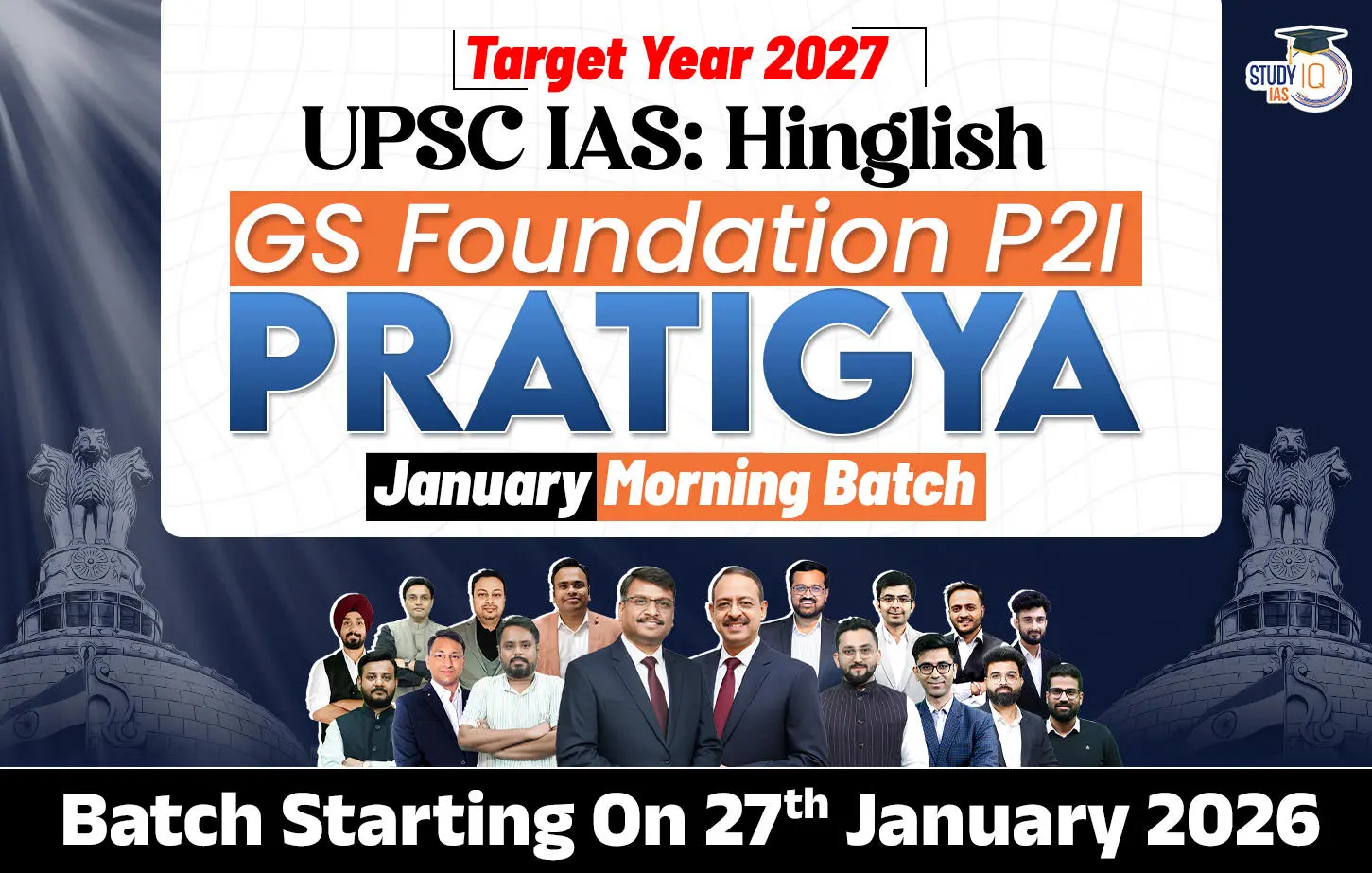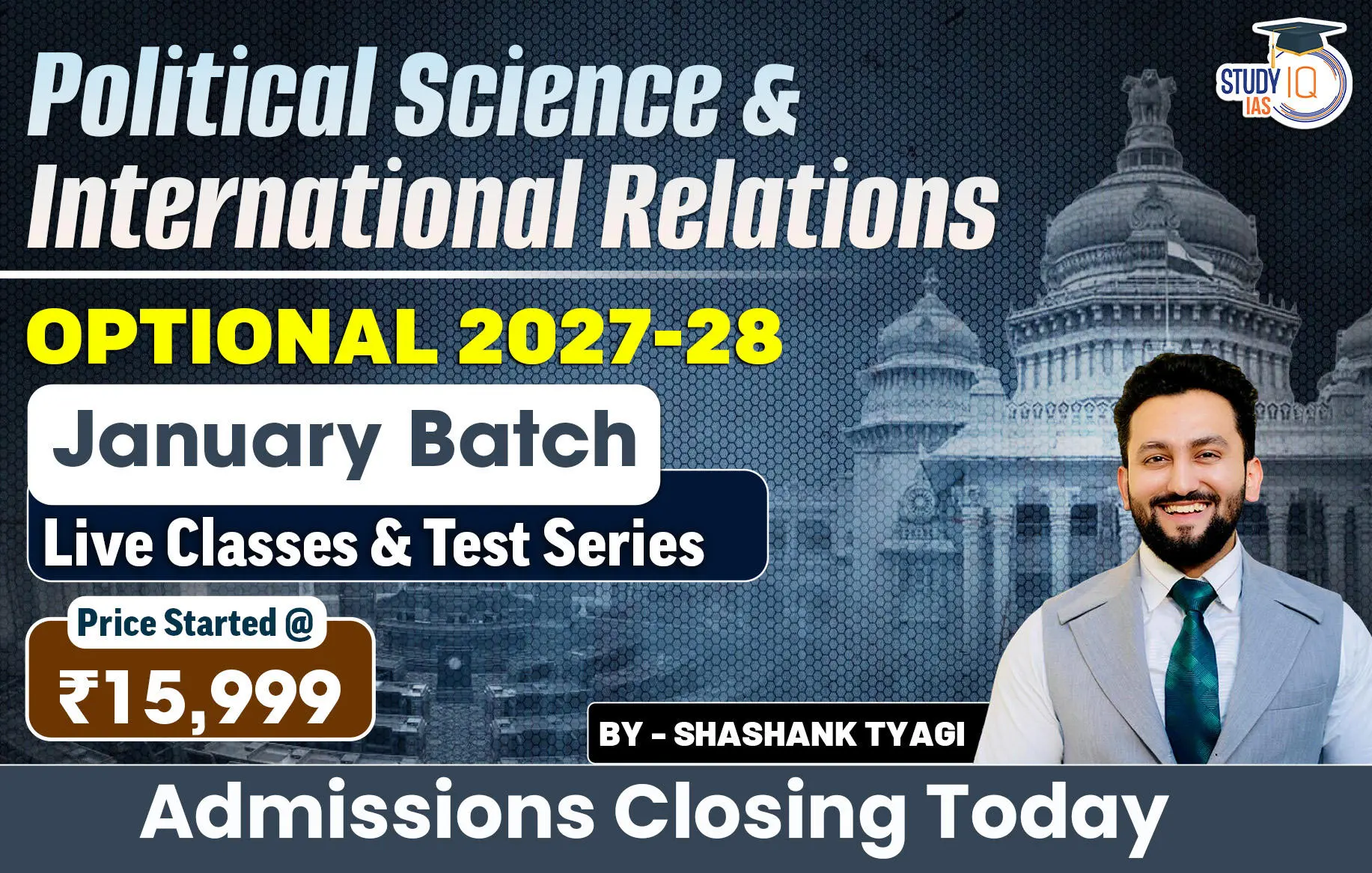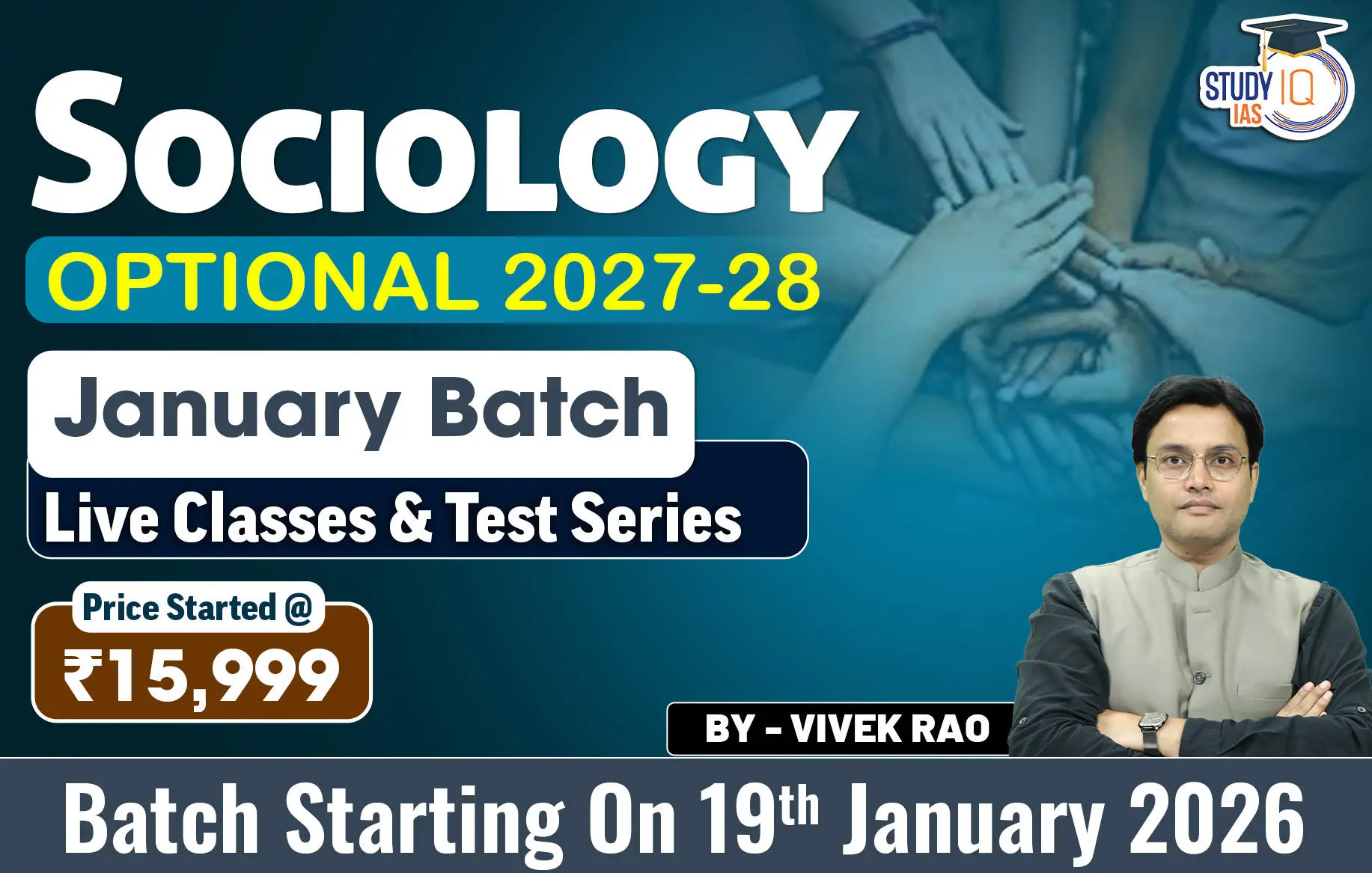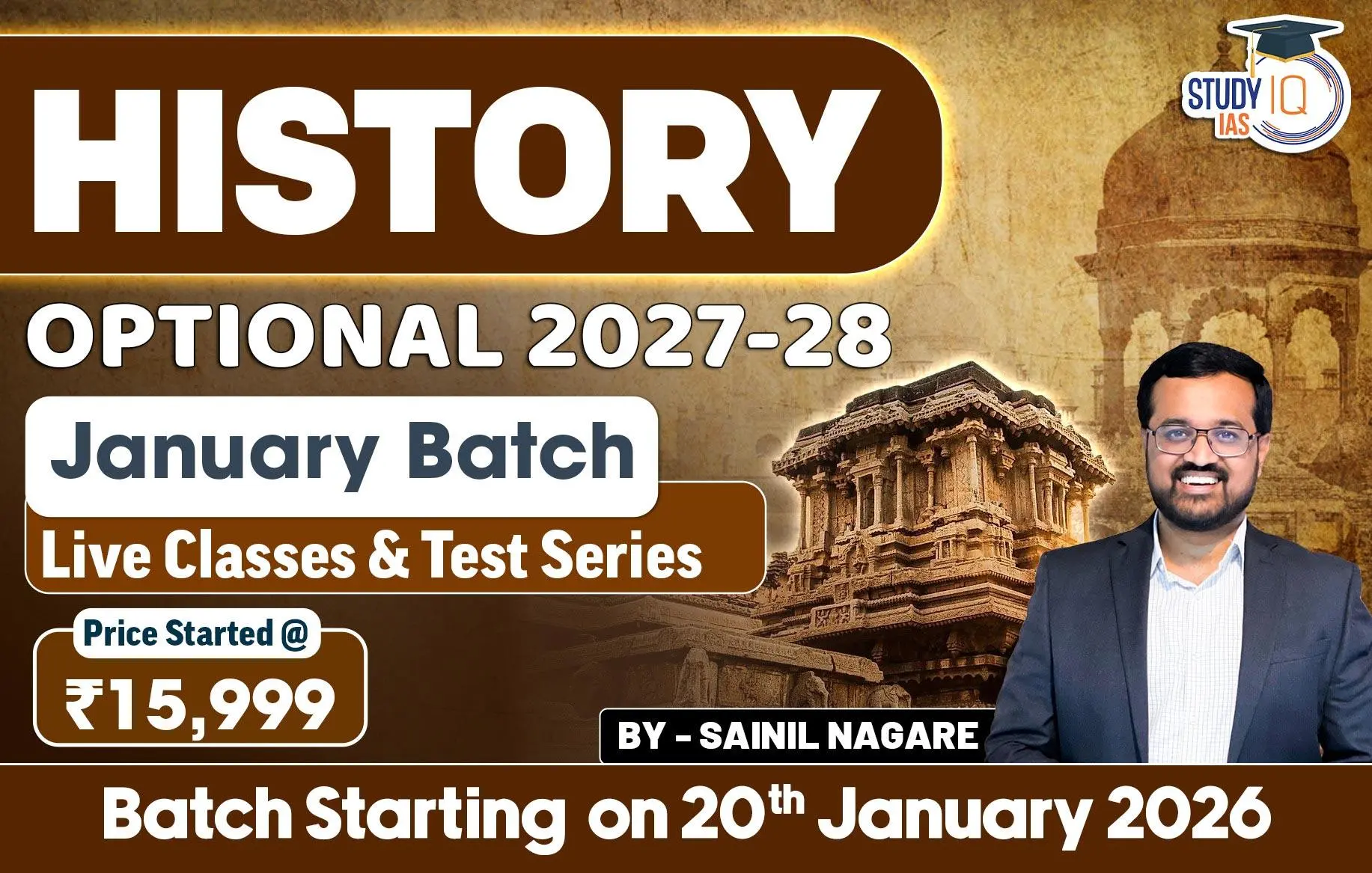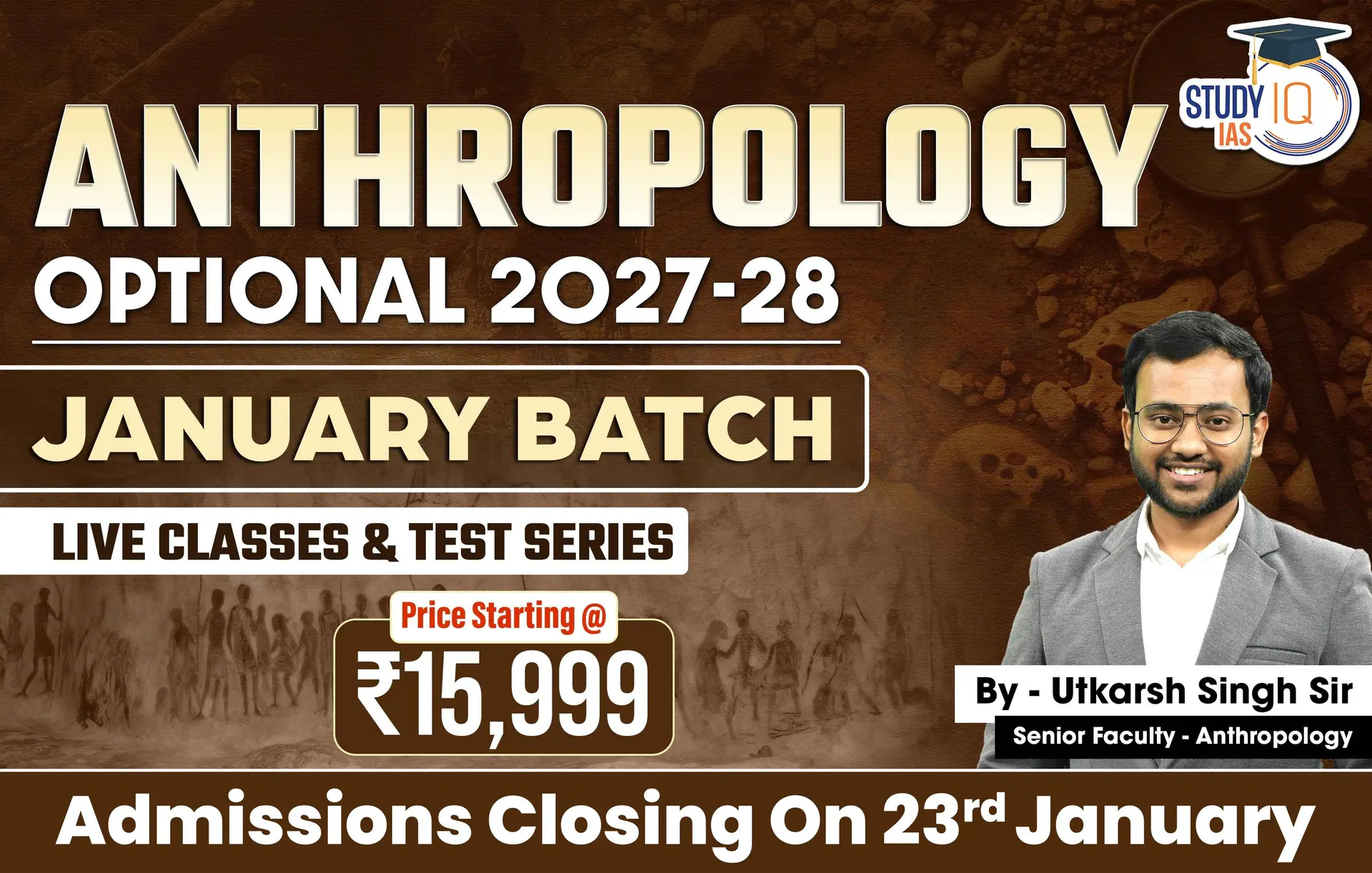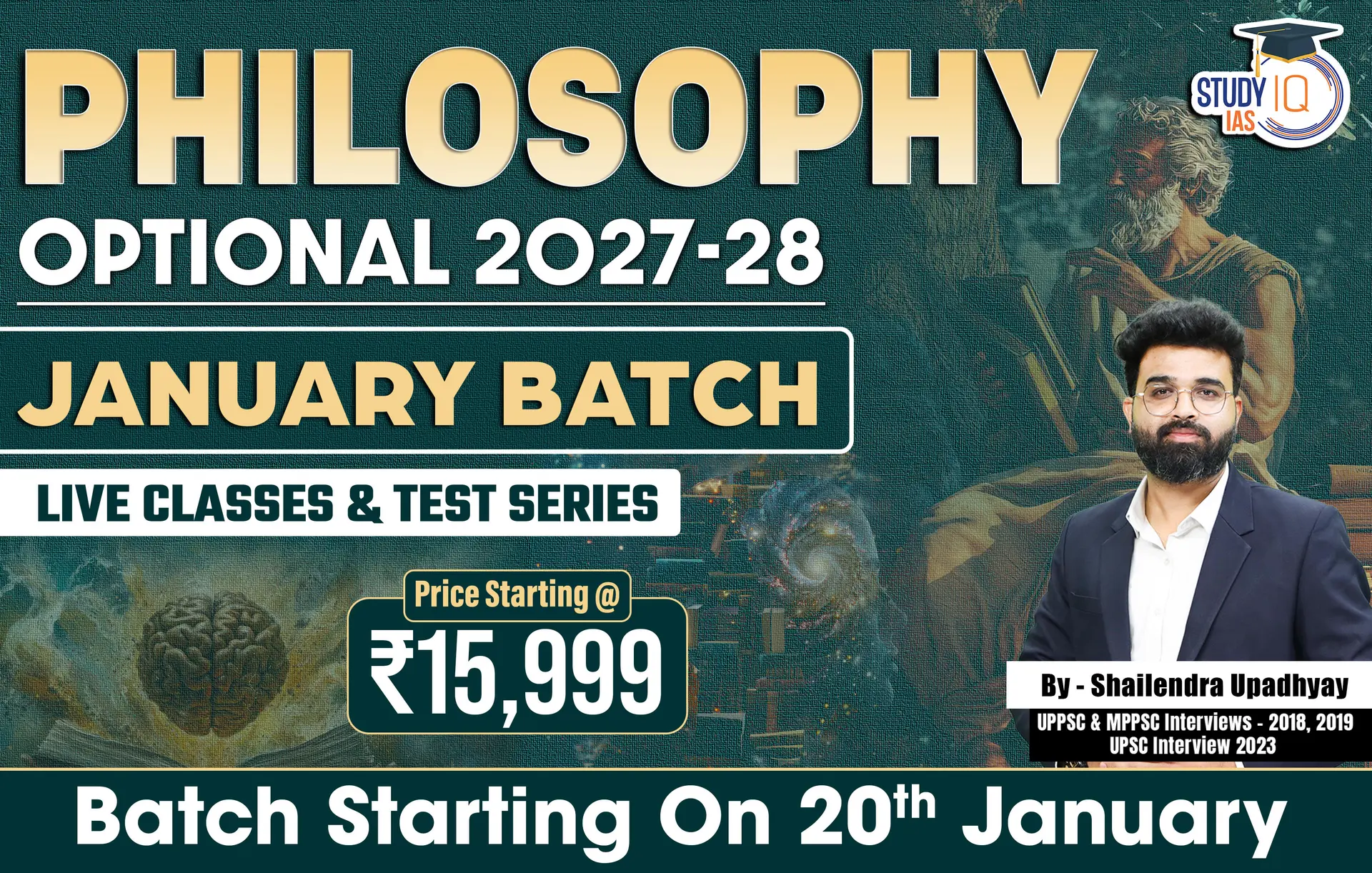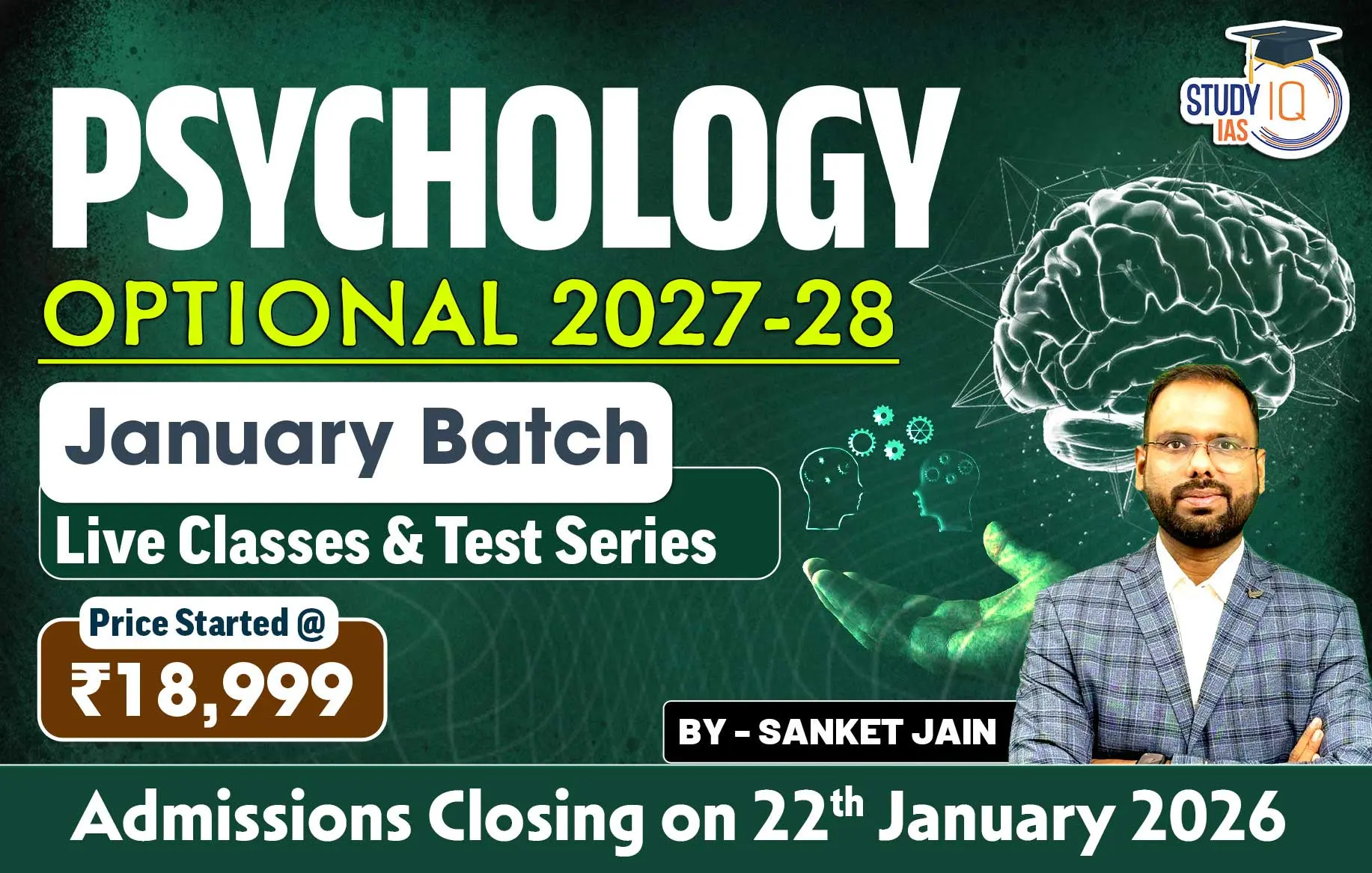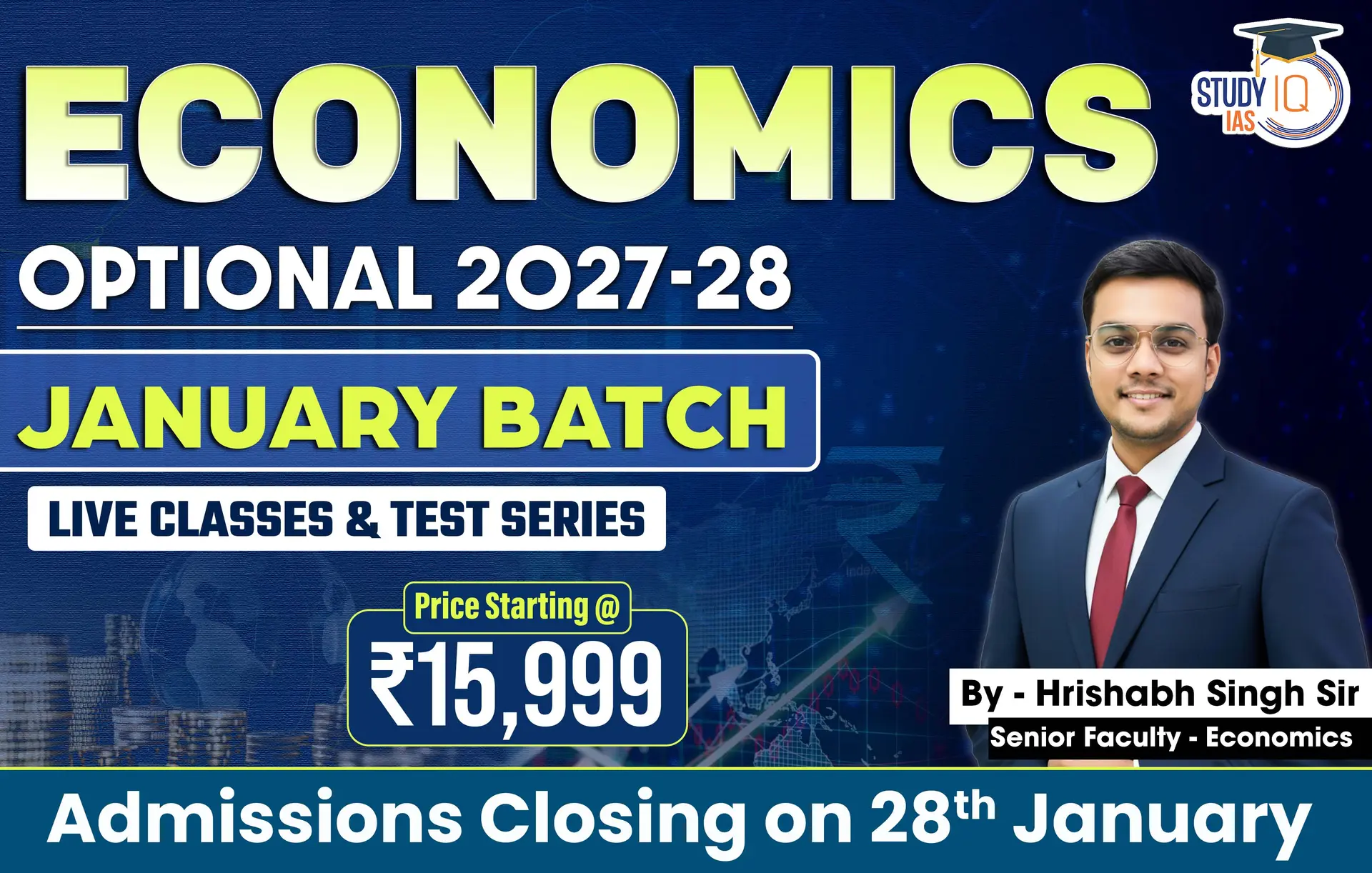Table of Contents
If you’re looking to crack the SSC CGL 2025 Exam, knowledge of the SSC CGL Tier 1 Syllabus is the key to success. The Staff Selection Commission (SSC) holds the Combined Graduate Level (CGL) Examination to select candidates for some of the most prestigious Group B and Group C posts in the Government of India. SSC CGL selection is a two-stage process, and Tier 1 is the screening stage that shortlists candidates for the final round.
This article provides the latest SSC CGL Tier 1 Syllabus 2025, new exam pattern, topic-wise weightage, and section-wise syllabus for Quantitative Aptitude, General Intelligence & Reasoning, English Language, and General Awareness.
SSC CGL Tier 1 Exam Pattern 2025
The Tier 1 exam is objective in nature, conducted online, and is qualifying only. It consists of 100 questions from four sections, carrying a total of 200 marks. The exam duration is 60 minutes.
| Subject | No. of Questions | Maximum Marks |
|---|---|---|
| General Intelligence & Reasoning | 25 | 50 |
| General Awareness | 25 | 50 |
| Quantitative Aptitude | 25 | 50 |
| English Comprehension | 25 | 50 |
| Total | 100 | 200 |
SSC CGL Tier 1 Syllabus 2025 – Section-Wise Breakdown
Quantitative Aptitude
| Topic | Description |
|---|---|
| Number System | Whole numbers, integers, decimals, operations, divisibility, LCM & HCF |
| Ratio & Proportion | Direct & inverse proportions, applications in problems |
| Percentage | Calculations, increase/decrease, percentage change, comparison |
| Average | Weighted and simple averages, daily life applications |
| Profit & Loss | Cost price, selling price, profit %, loss %, mark-up and discount |
| Simple & Compound Interest | Time-based interest calculation, difference between SI & CI |
| Time, Speed & Distance | Relative speed, trains, boats & streams |
| Time & Work | Efficiency, work done, pipes & cisterns |
| Mixture & Allegation | Rule of alligation, concentration calculations |
| Algebra | Basic identities, linear equations, surds, simplification |
| Geometry | Lines, angles, triangles, circles, polygons, chord, tangent concepts |
| Mensuration | Area & volume of 2D & 3D shapes, cubes, cones, spheres, cylinders |
| Trigonometry | Trigonometric ratios, identities, heights & distances |
| Data Interpretation | Pie charts, bar graphs, line graphs, tables – calculations & analysis |
General Intelligence and Reasoning
| Topic | Description |
|---|---|
| Analogy | Finding similar relationships and pairs |
| Coding-Decoding | Letter/number coding, decoding logic |
| Series | Number and alphabet series, pattern recognition |
| Blood Relations | Family tree, relationship puzzles |
| Venn Diagram | Set theory, logical relationships |
| Syllogism | Deductive reasoning, statement-conclusion pairs |
| Direction Sense Test | Distance and direction-based problem solving |
| Matrix & Puzzle | Logic-based matrix patterns and logical puzzles |
| Non-verbal Reasoning | Mirror images, water images, embedded figures, pattern recognition |
| Statement and Conclusion | Logical argument evaluation |
| Word Formation | Making meaningful words from letters |
| Classification & Odd One Out | Identify unrelated elements or patterns |
English Language & Comprehension
| Topic | Description |
|---|---|
| Reading Comprehension | Short passages with inference, vocabulary, direct questions |
| Cloze Test | Fill in the blanks in a paragraph with correct words |
| Spotting Errors | Grammar mistakes in sentences |
| Fill in the Blanks | Vocabulary and grammar-based blanks |
| Sentence Improvement | Replace incorrect/awkward phrases with suitable ones |
| Synonyms & Antonyms | Word meanings and opposites |
| One-word Substitution | Replacing phrases with single appropriate words |
| Idioms and Phrases | Common expressions and their meanings |
| Active & Passive Voice | Sentence transformation: voice change |
| Direct & Indirect Speech | Reporting speech with correct transformation |
| Sentence Rearrangement | Rearranging jumbled sentences to make coherent meaning |
| Spellings | Correct and commonly misspelled words |
General Awareness
| Topic | Description |
|---|---|
| History | Ancient, Medieval & Modern Indian history, key events |
| Geography | Physical, Indian, World geography, climate, soil, rivers, etc. |
| Polity | Indian Constitution, Parliament, President, Judiciary, Elections |
| Economy | Indian economy, basics of GDP, inflation, fiscal policy |
| Science | Basic Physics, Chemistry, Biology – up to 10th level |
| Current Affairs | Events of national & international importance (past 6–8 months) |
| Books and Authors | Recent releases and famous literary works |
| Awards and Honours | National & International recognitions |
| Sports | Important tournaments, records, winners |
| Important Days | National & International observance days |
| Indian Constitution | Fundamental rights, duties, articles, schedules |
| Government Schemes | Latest central schemes, flagship programs |
| Culture & Static GK | Indian culture, art, dance, festivals, dams, capitals, currencies, etc. |
SSC CGL Tier 1 Topic-Wise Weightage (Expected)
Here’s a look at the expected number of questions per topic based on past year trends:
Reasoning Ability
| Topic | Expected Questions |
|---|---|
| Analogy | 2–4 |
| Coding-Decoding | 3–4 |
| Series | 2–3 |
| Venn Diagram | 1–2 |
| Blood Relations | 1–2 |
| Odd One Out | 1–2 |
General Awareness
| Topic | Expected Questions |
|---|---|
| Current Affairs | 5–7 |
| History | 2–3 |
| Polity | 2–3 |
| Science | 4–6 |
| Static GK | 3–5 |
Quantitative Aptitude
| Topic | Expected Questions |
|---|---|
| Algebra | 2–3 |
| Geometry | 2–3 |
| Trigonometry | 1–2 |
| Profit & Loss | 2–3 |
| Time & Work | 1–2 |
| Data Interpretation | 1–2 |
English Comprehension
| Topic | Expected Questions |
|---|---|
| Comprehension Passage | 5–6 |
| Cloze Test | 4–5 |
| Error Detection | 2–3 |
| Fill in the Blanks | 2–3 |
| One-word Substitution | 1–2 |
Tips to Prepare SSC CGL Tier 1 Syllabus Effectively
- Understand the syllabus thoroughly: Stick to the prescribed syllabus and avoid unnecessary topics.
- Make a study schedule: Allocate specific time for each section and follow it strictly.
- Practice previous years’ papers: This helps understand exam pattern and question difficulty.
- Take mock tests: To improve speed and time management.
- Focus on weak areas: Identify and devote extra time to sections/topics where you face difficulty.
- Stay updated with current affairs: Regularly read newspapers, watch news, and use monthly current affairs magazines.


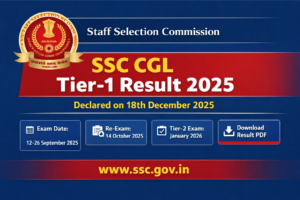 SSC CGL Tier-1 Result 2025 (Out): Check ...
SSC CGL Tier-1 Result 2025 (Out): Check ...
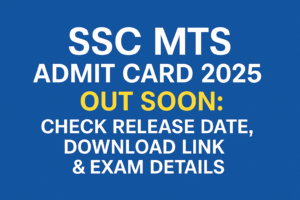 SSC MTS Admit Card 2025 Out Soon: Check ...
SSC MTS Admit Card 2025 Out Soon: Check ...
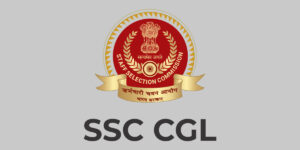 SSC CGL Answer Key 2025 Out @ssc.gov.in ...
SSC CGL Answer Key 2025 Out @ssc.gov.in ...

